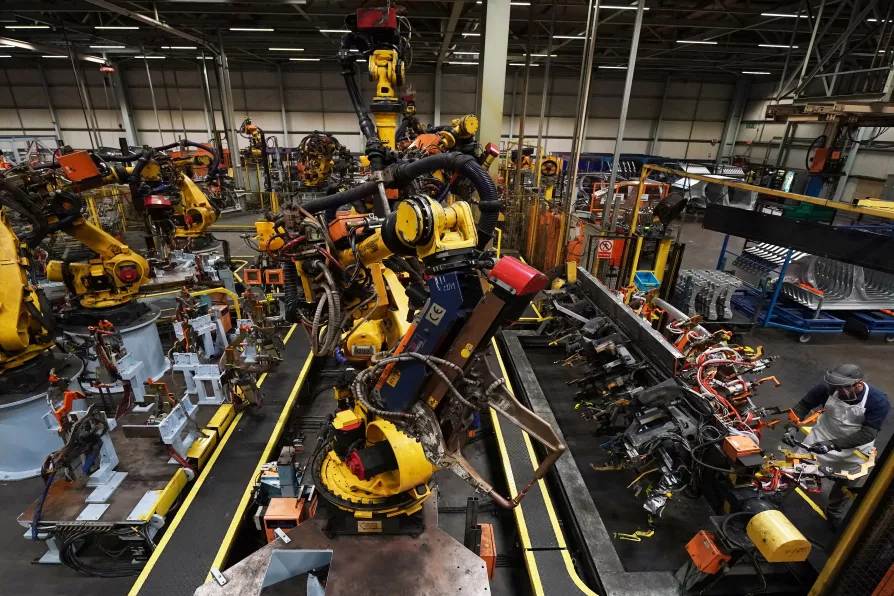The language of humiliation is a step towards a second civil war, argues RAMZY BAROUD

 A new and substantial government regime of industrial and regional economic aid must be established to begin to rebuild the industrial base. Where necessary, measures of public ownership should be adopted especially where vital industries are under threat.
A new and substantial government regime of industrial and regional economic aid must be established to begin to rebuild the industrial base. Where necessary, measures of public ownership should be adopted especially where vital industries are under threat.
IT is one thing to expose government’s policies and its incompetence and oppose the attacks on living standards, workers’ rights and welfare provisions, and it is another to come up with the policies that will take the country forward.
It is important to raise our ambitions above the relentless day-to-day struggle to defend pay, conditions and democratic rights — as important as these are — for perpetual defence leads to permanent subjugation. The time is ripe for the working class to stamp its authority on the situation and make politicians dance to our tune.
The crisis that plagues capitalism today is different from those of the 1970s, ‘80s or ‘90s. Capitalism is no longer upbeat with an all-conquering globalisation poised to take over the world, smashing national borders and crashing all opposition in the name of profit.

As bus builder Alexander Dennis threatens Falkirk closure and Grangemouth faces ruthless shutdown by tax exile Jim Ratcliffe, RICHARD LEONARD MSP warns that global corporations must be resisted by a bold industrial strategy based on public ownership












